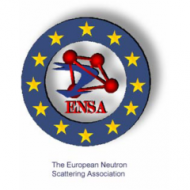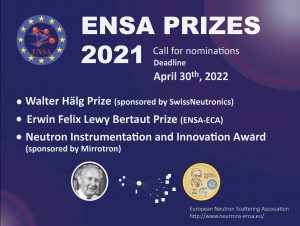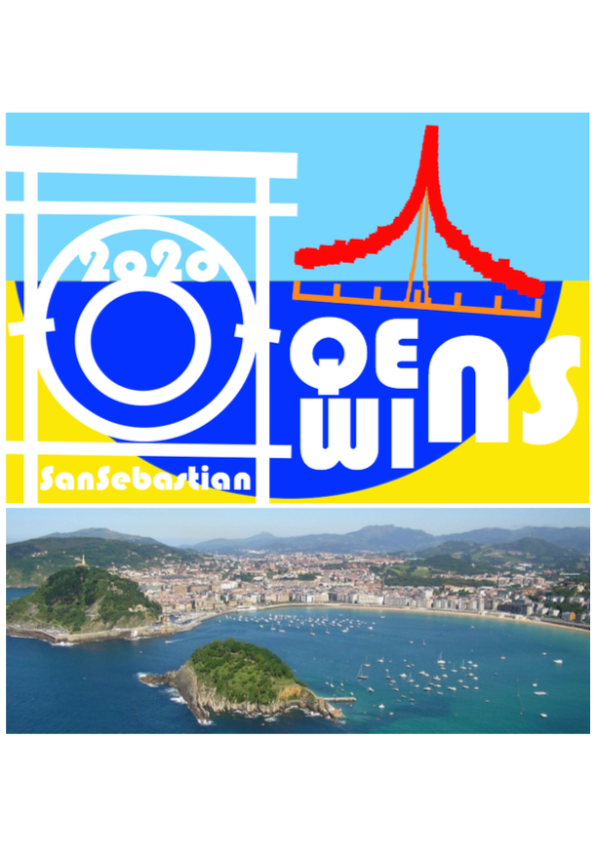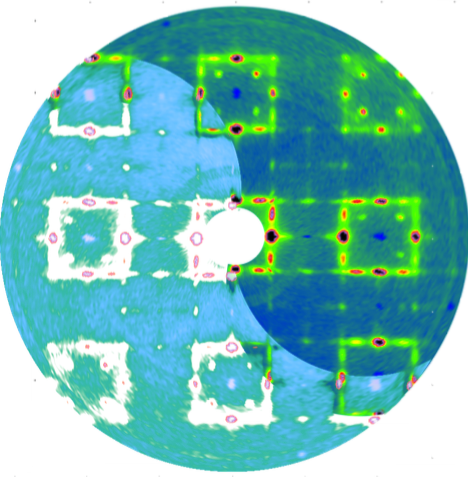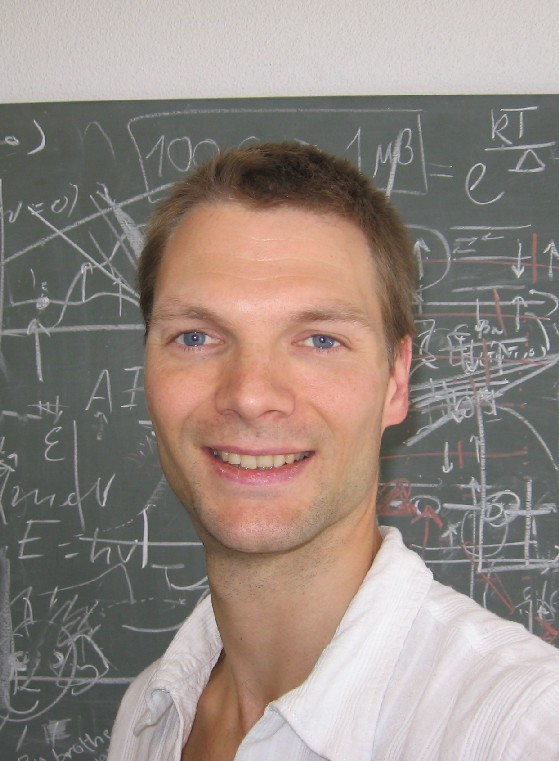The QENS/WINS 2020 Conference will be celebrated in San Sebastian (Spain), from June 8 to June 12, 2020.
This event will constitute the 14th Edition of the QENS series and the 9th of the WINS workshops.
The main purpose of QENS 2020 is
to cover the broad spectrum of scientific activities related with the
investigation of dynamical processes in different systems using
quasi-elastic neutron scattering techniques. QENS 2020
will offer a platform for discussion and exchange of scientific ideas
among the experts in this field, and a general overview to newcomers
about the capabilities of QENS in exploring atomic and molecular motions
and relaxation processes of novel materials,
soft matter and biological systems. As a novelty, this QENS Edition
will explore and exploit the potential synergies between different
methods (including experimental techniques and simulations), in order to
face diverse scientific challenges emerging in different
research fields.
WINS 2020 will cover innovative aspects of neutron instrument design. Progresses
on new
spectrometer projects will be presented. As in previous editions, the
theme of “New idea, New concept, New design, New instrumentation for New
sciences” will be followed. New developments in the application of
polarization analysis, magnetic field, pressure,
or improvements in sample environments for soft matter systems will be
covered. Software for data acquisition, analysis and instrument
simulation will be also part of the program. In analogy with the spirit
of QENS 2020, the synergy with complementary methods
–in this case mainly with advanced simulations and extensive Monte
Carlo simulations—will be emphasized.
Please visit http://dipc.ehu.es/qens-wins2020/ and
join us in San Sebastian!
REGISTRATION IS OPEN!
